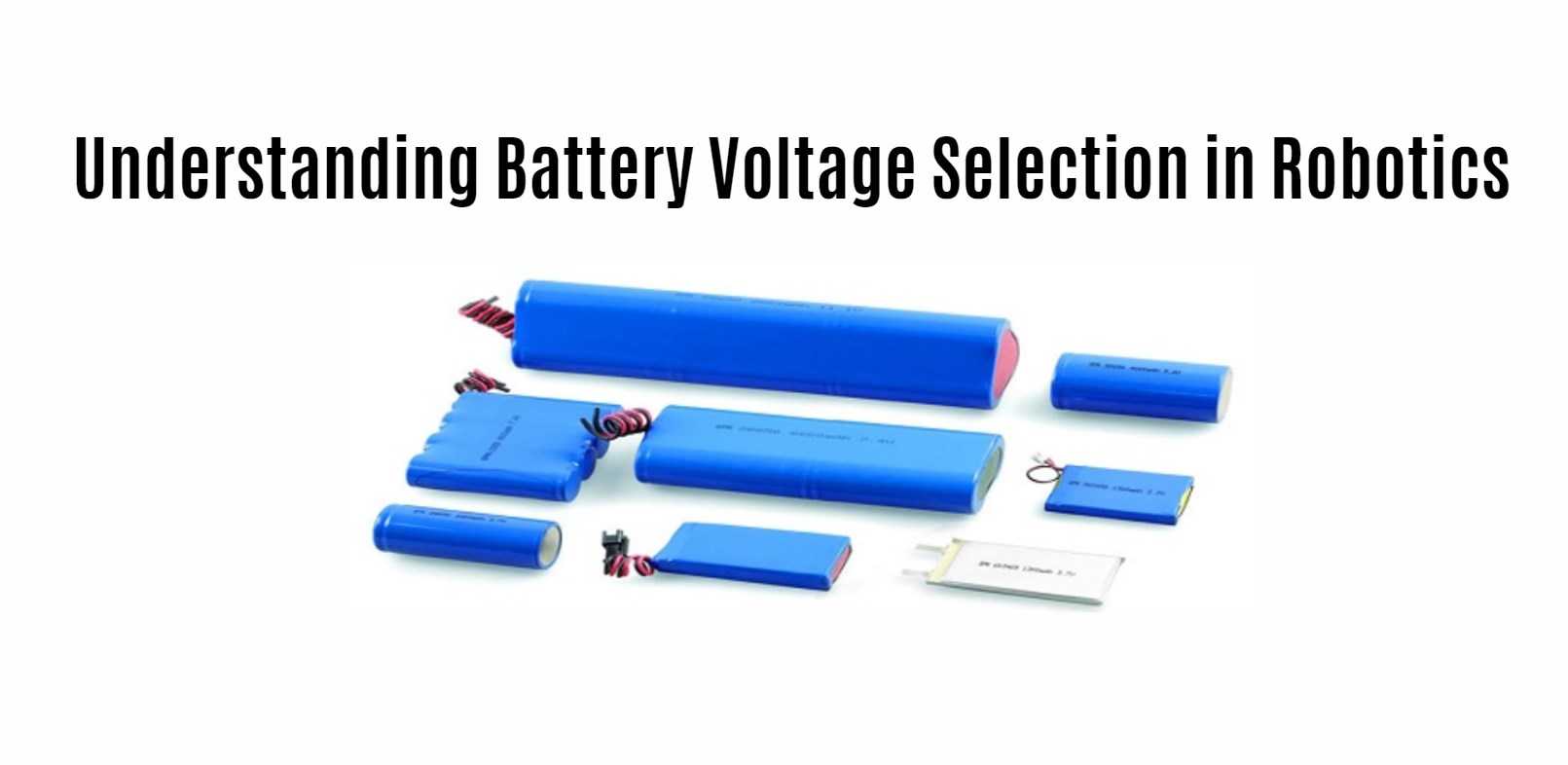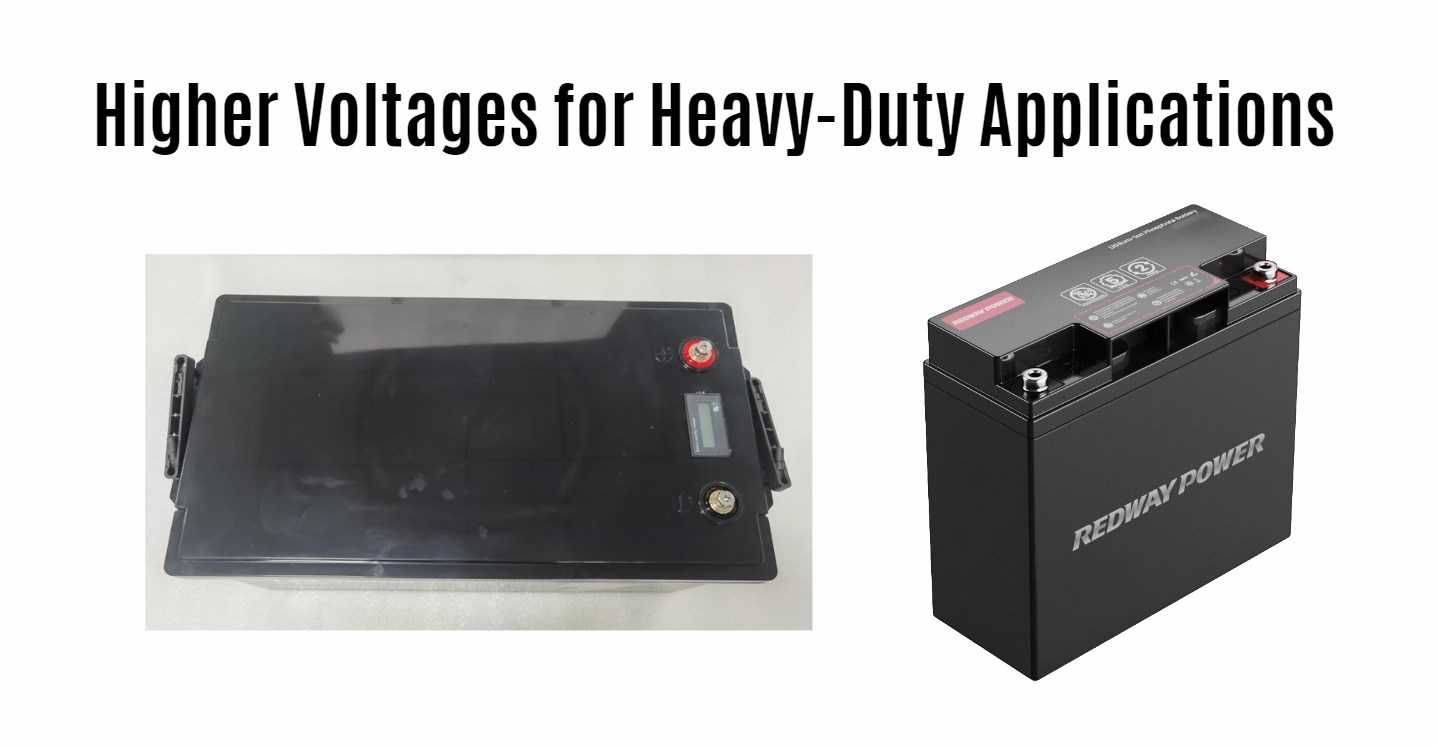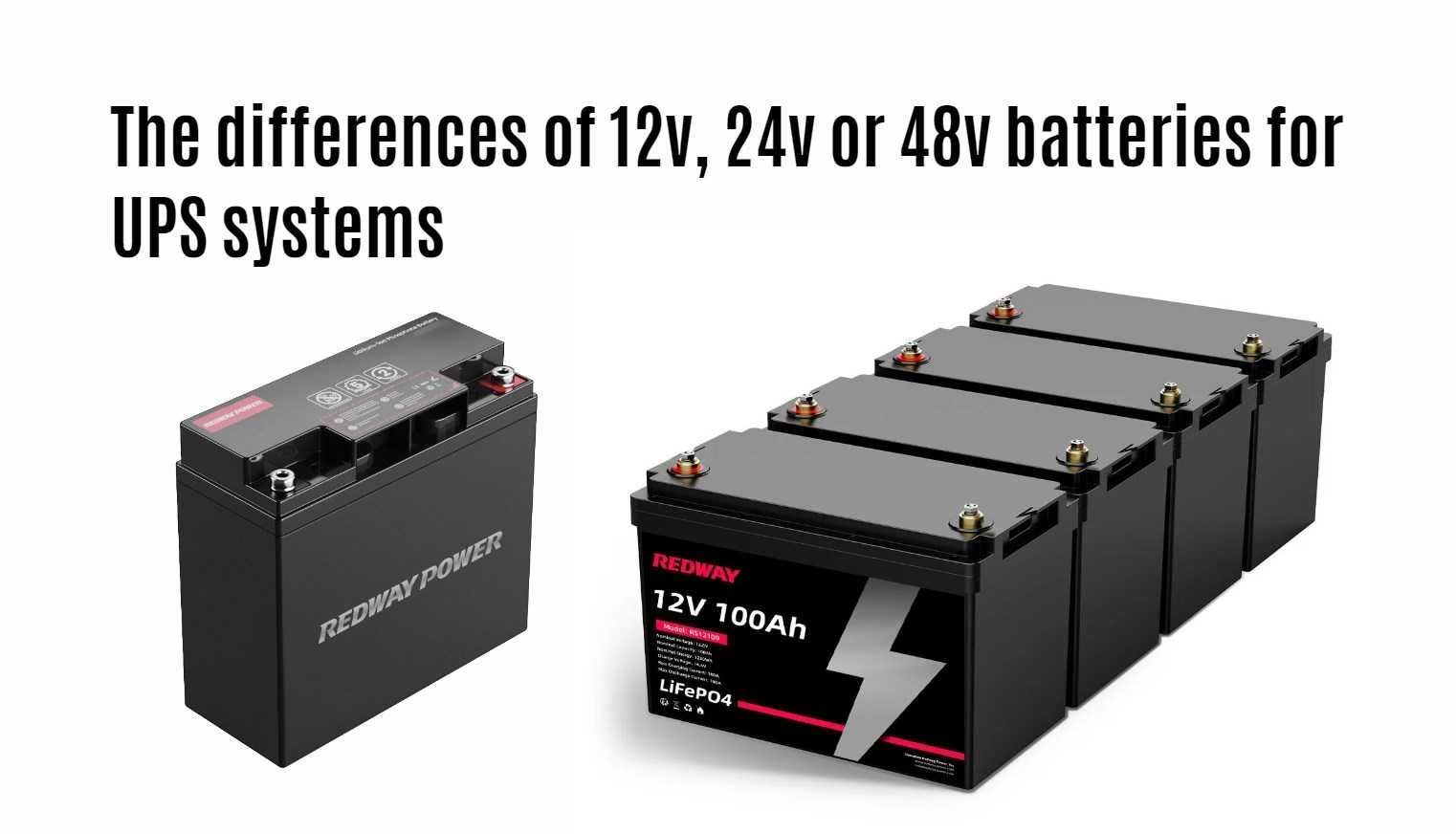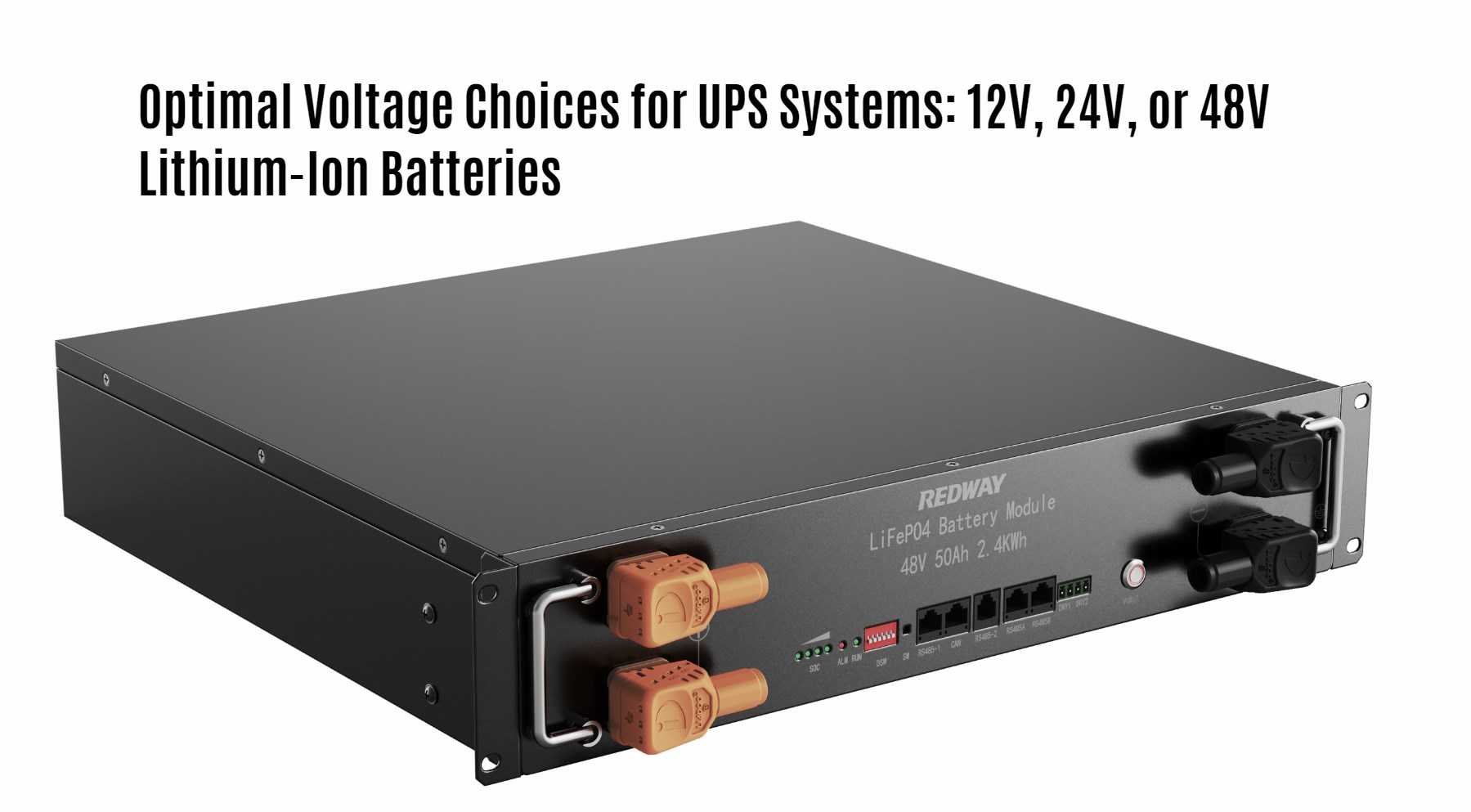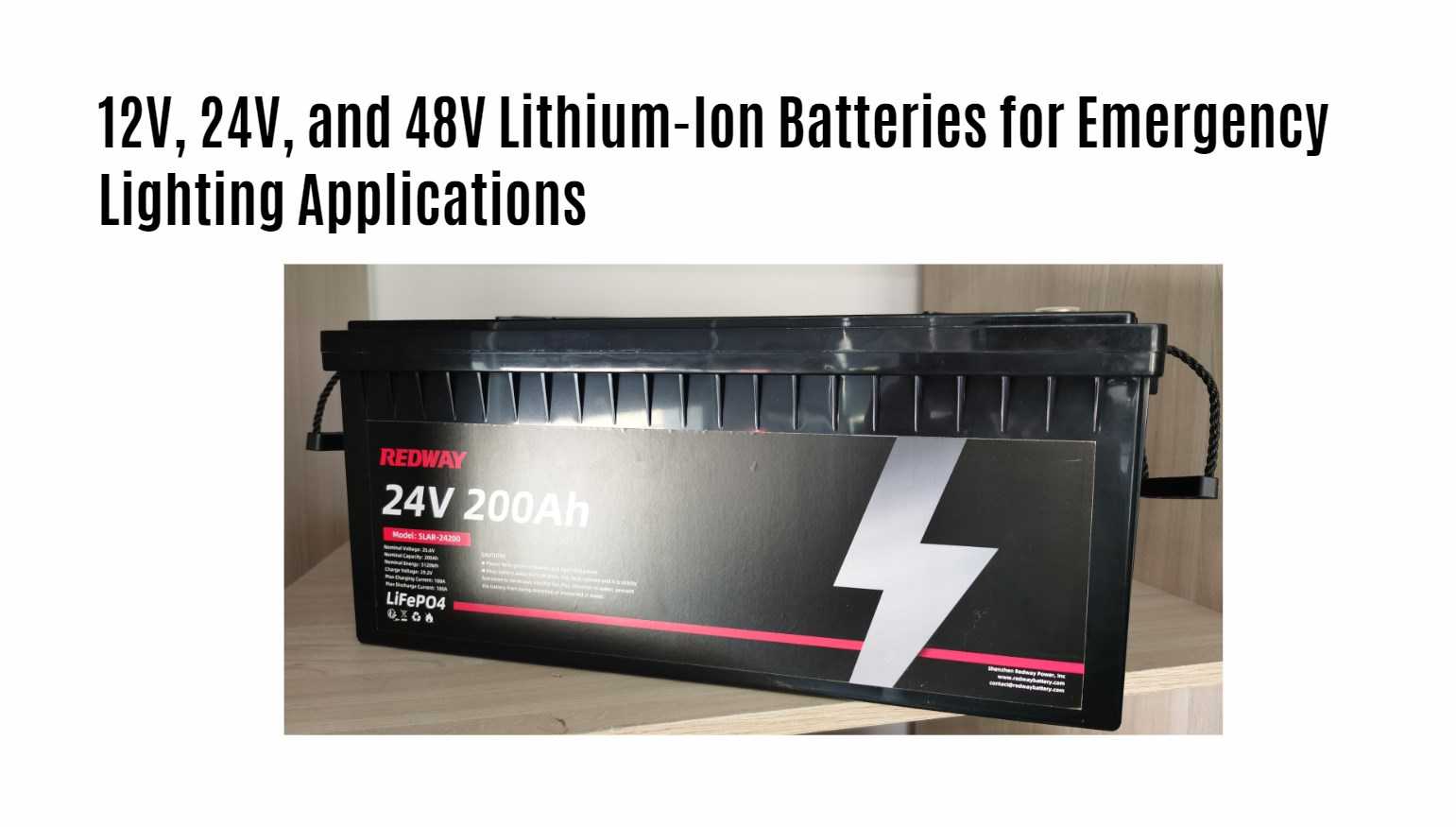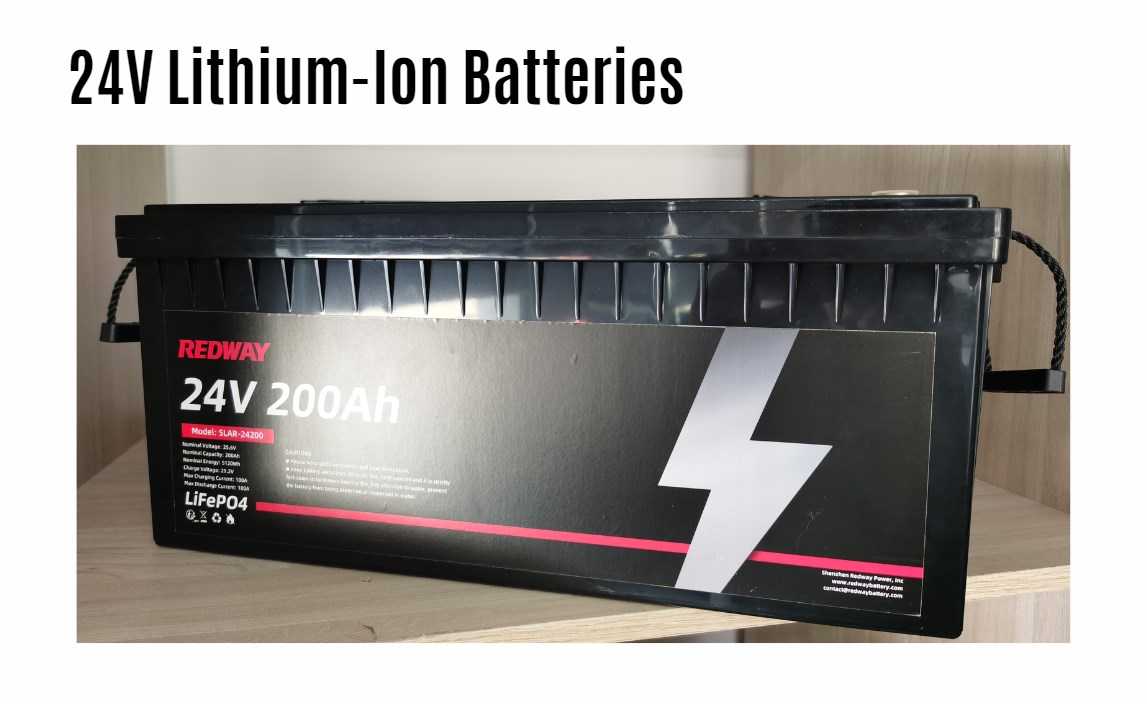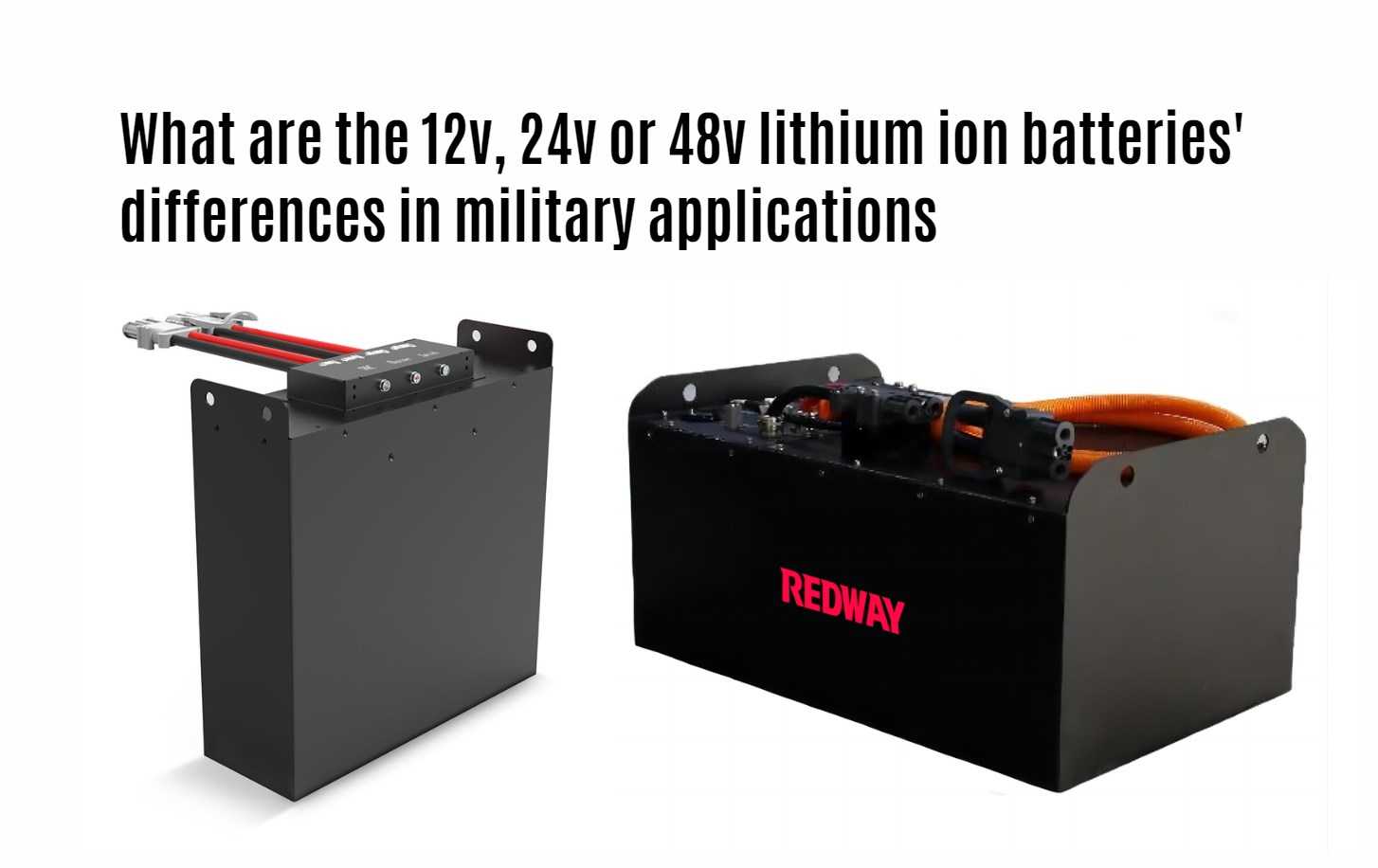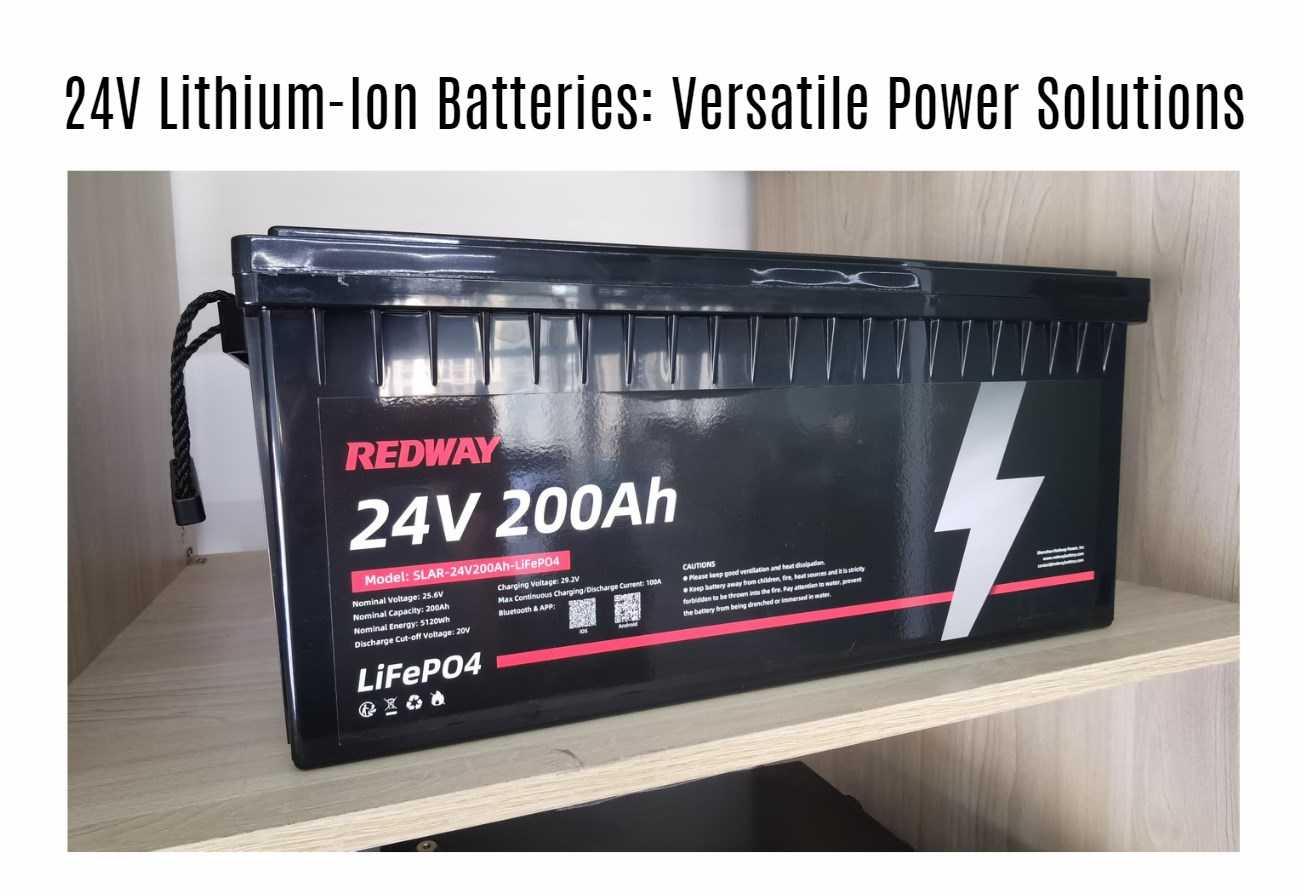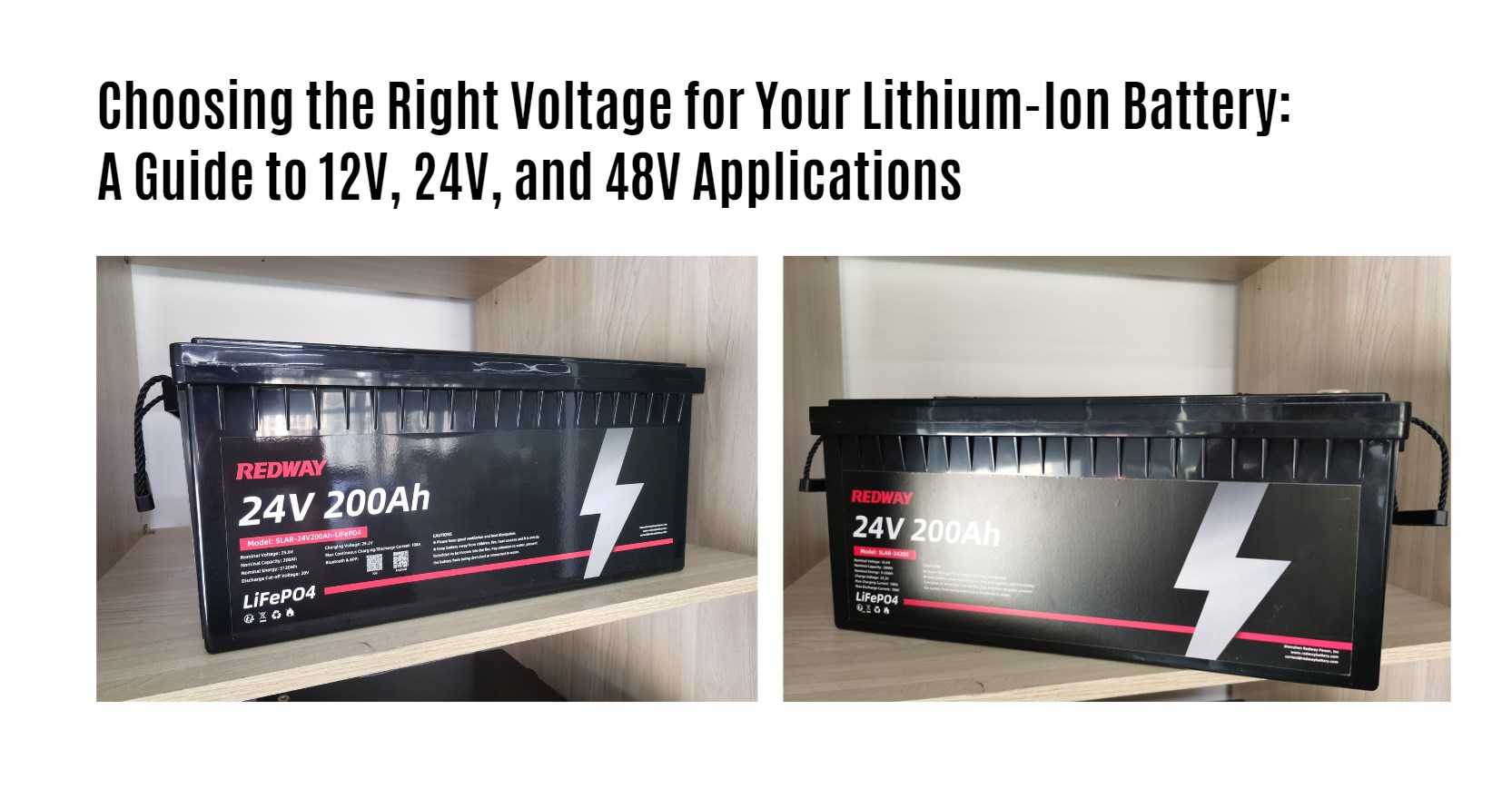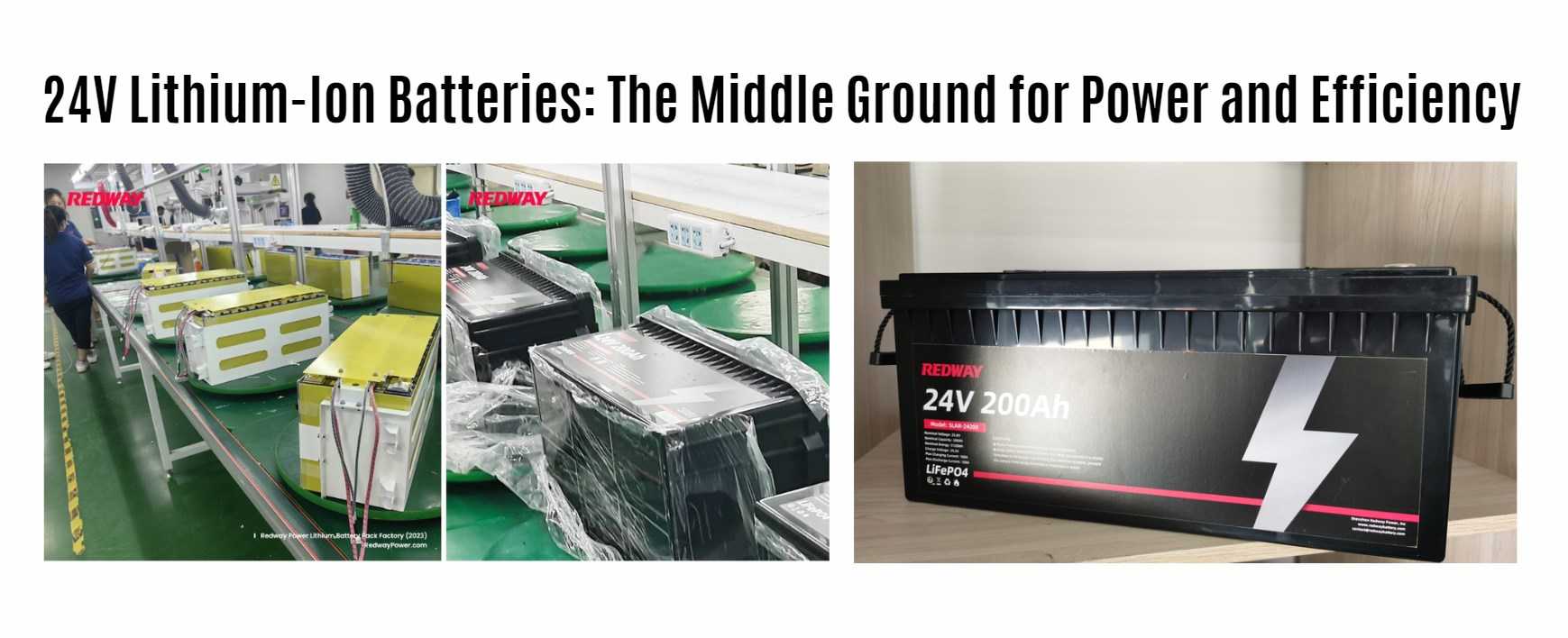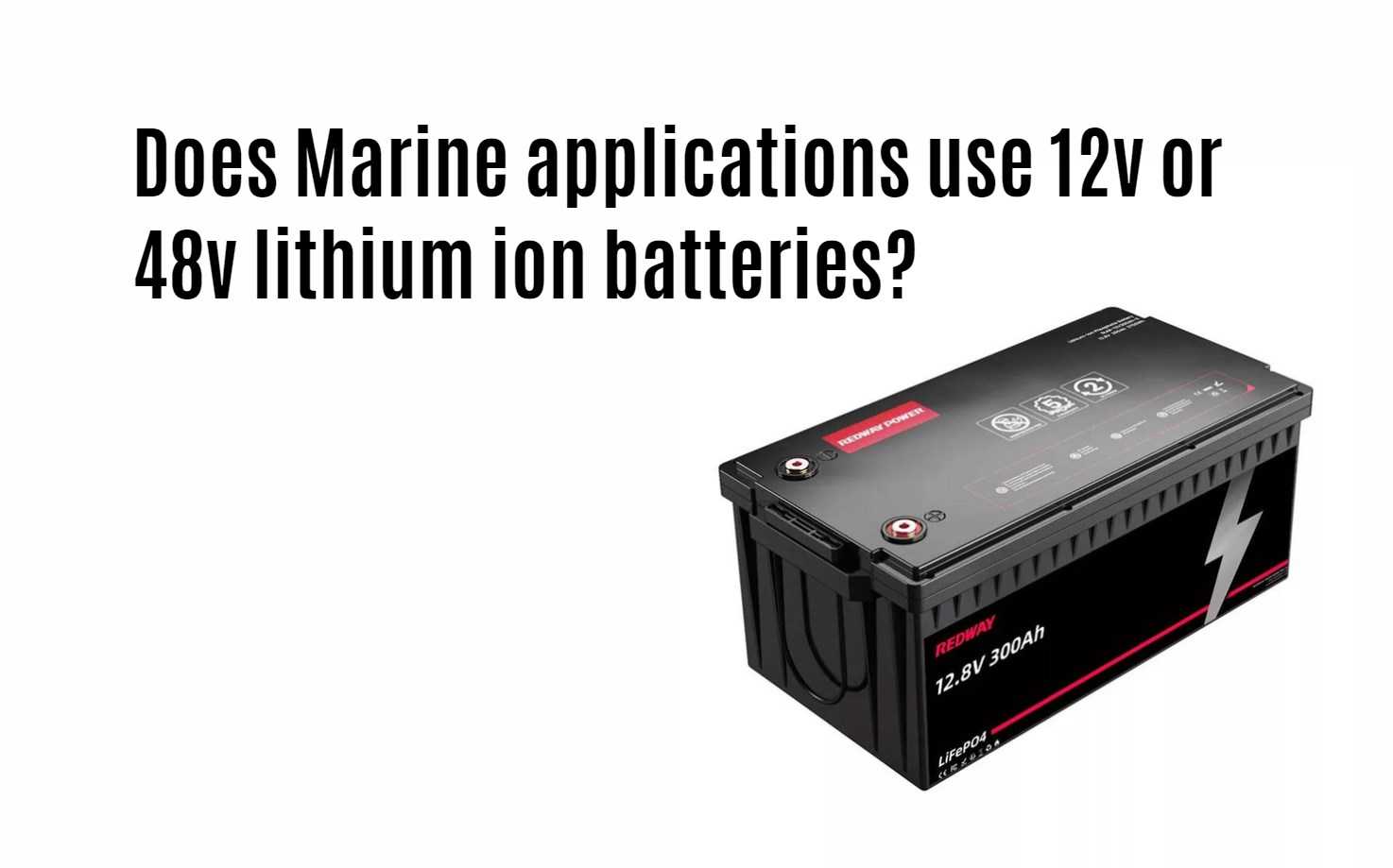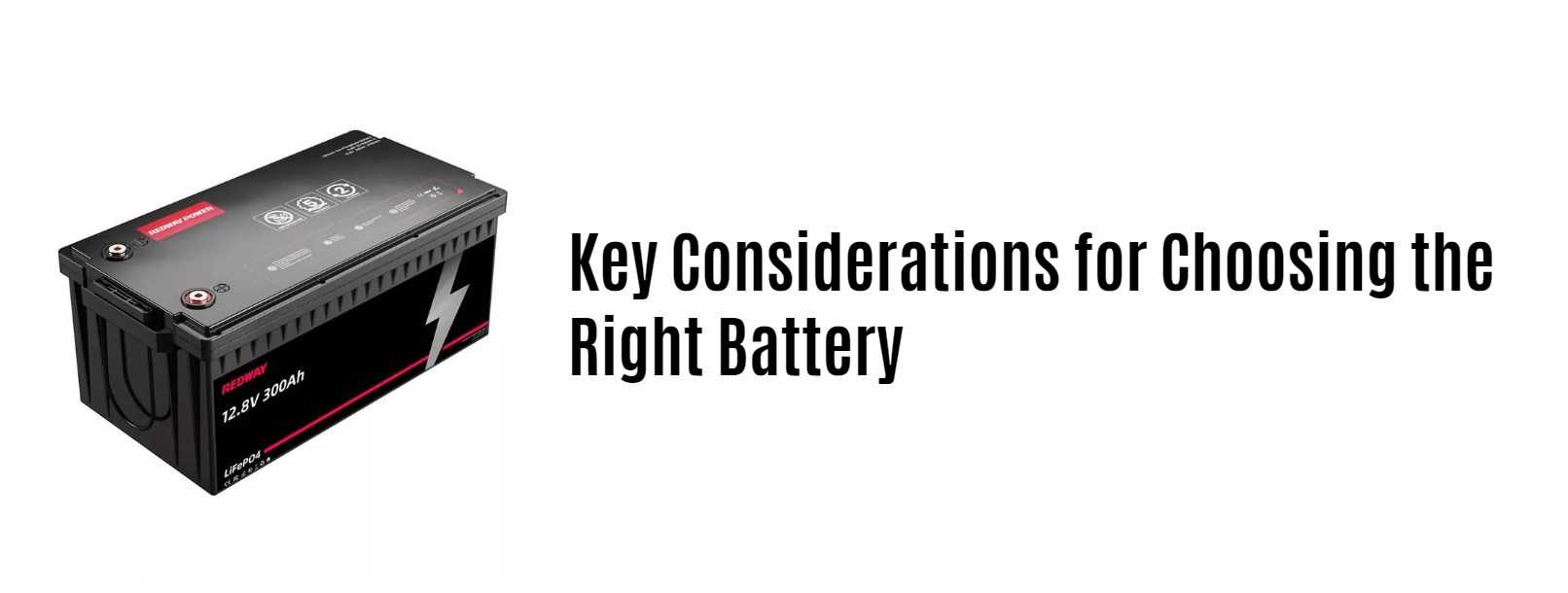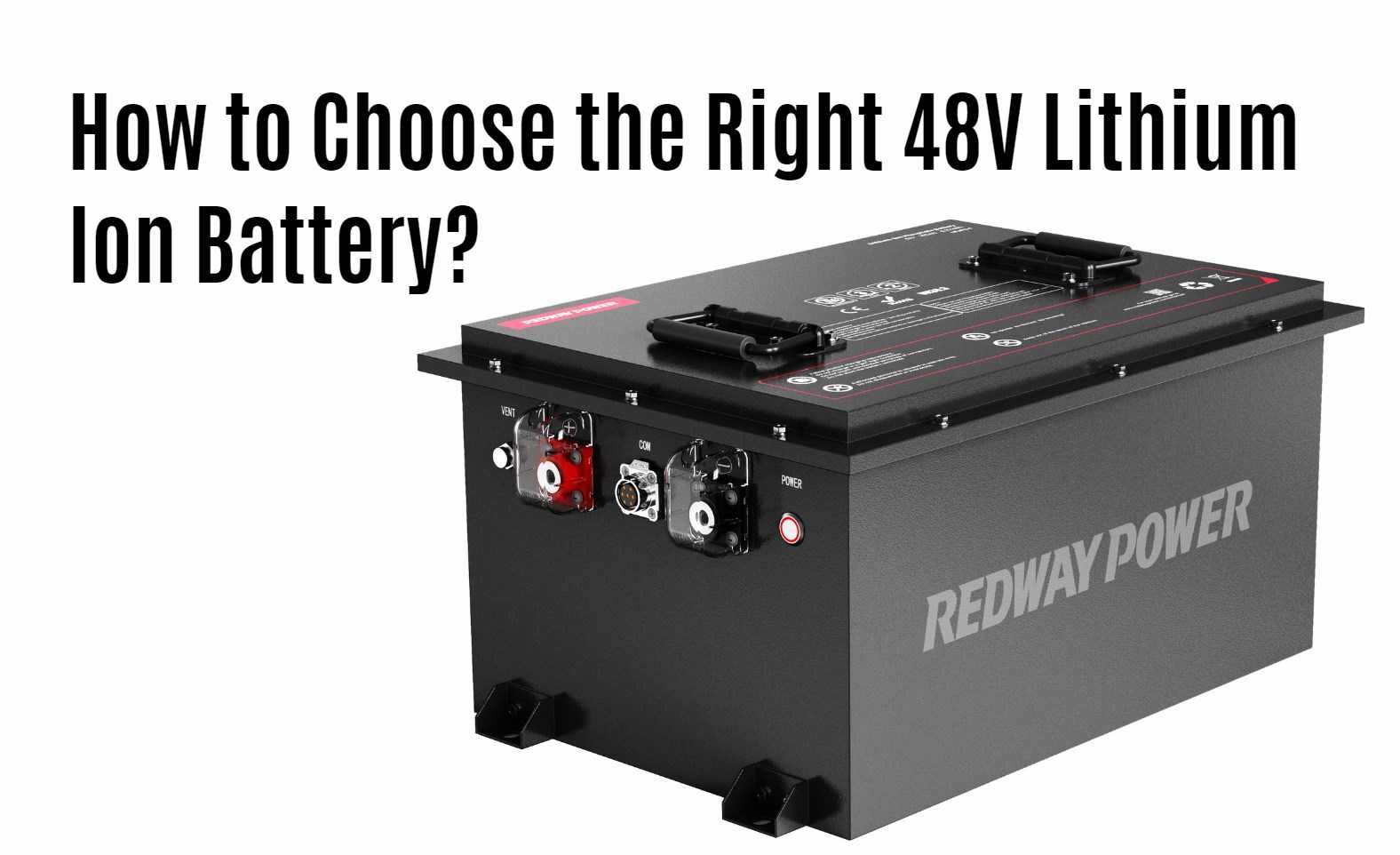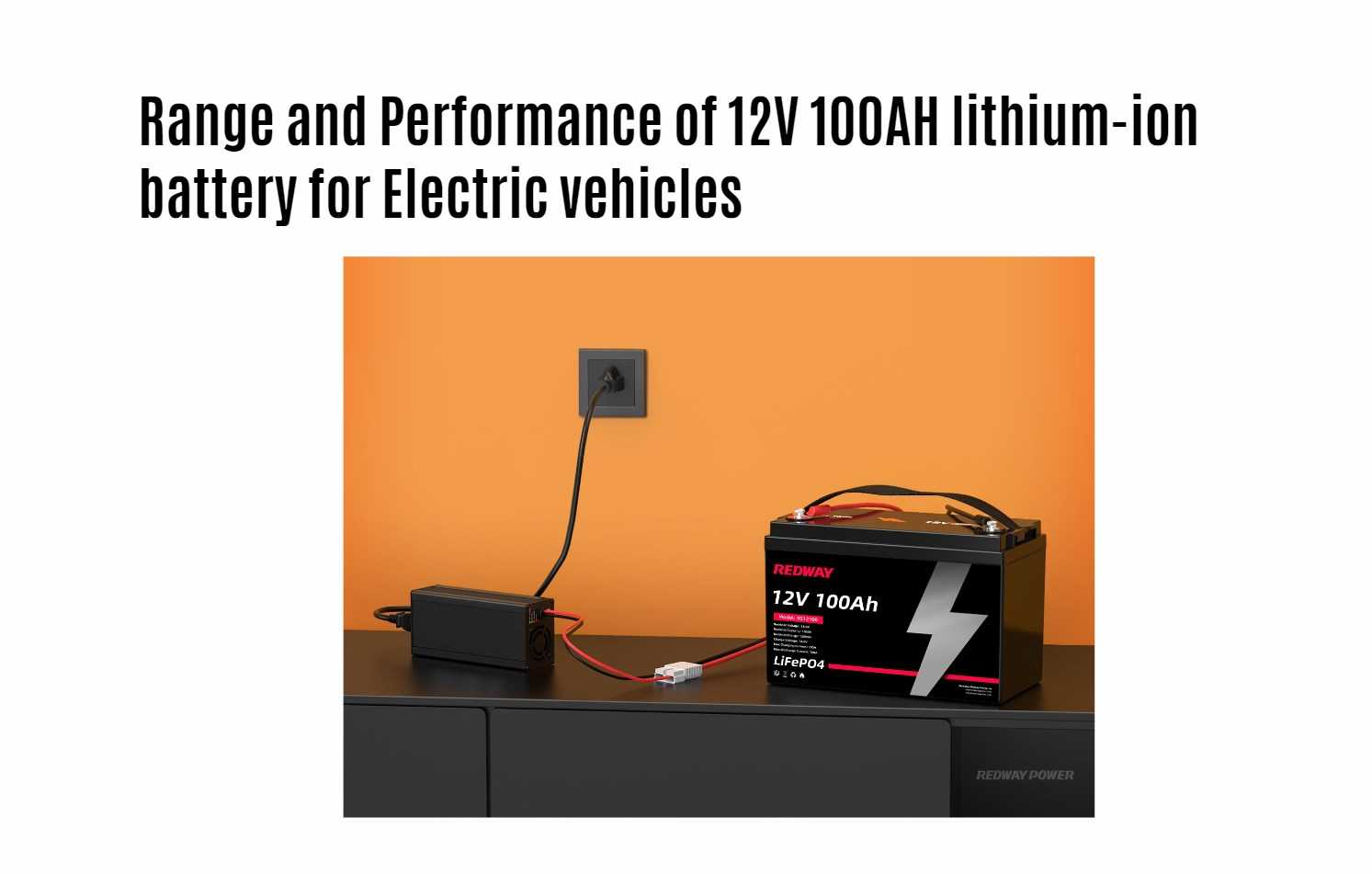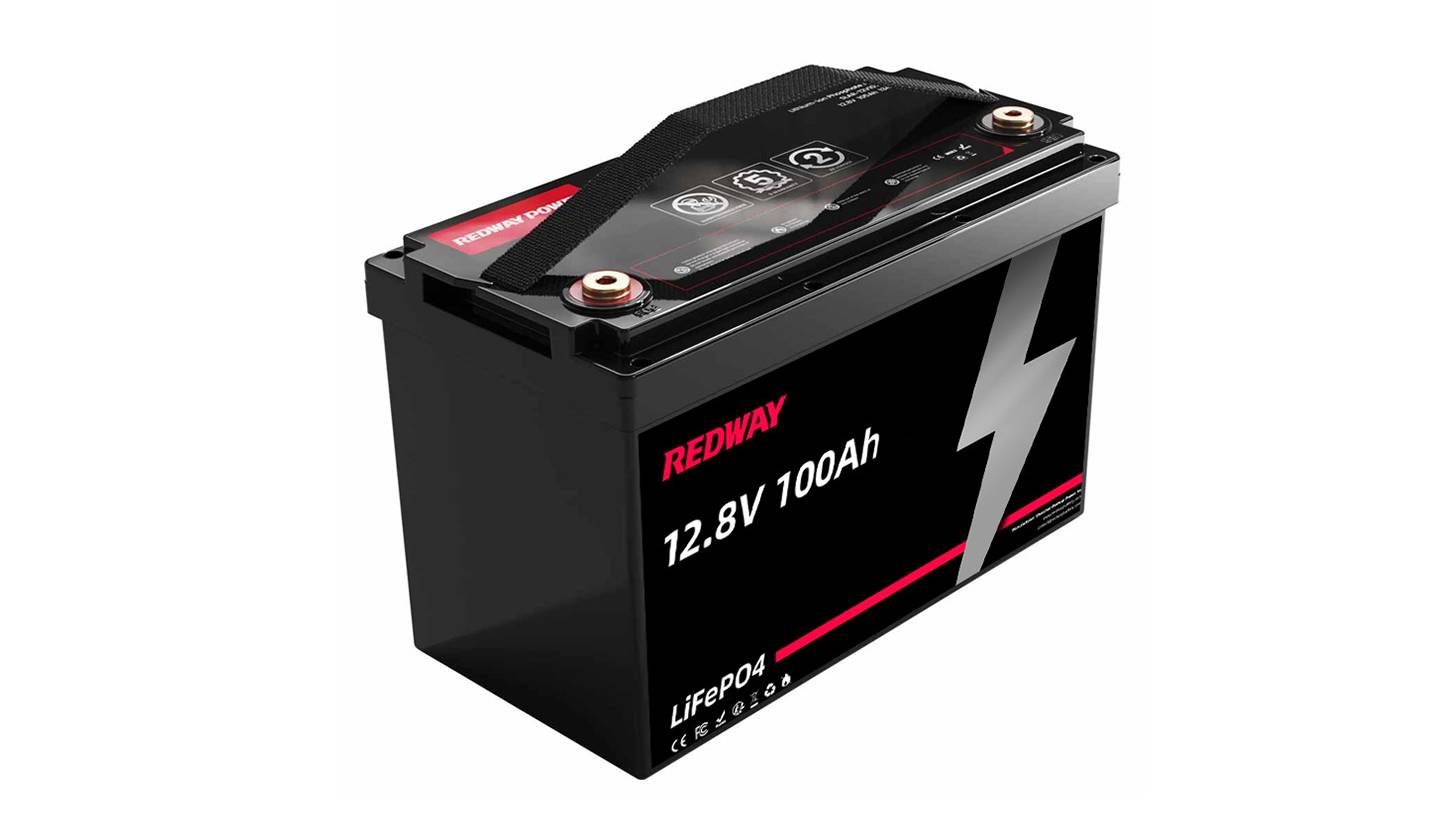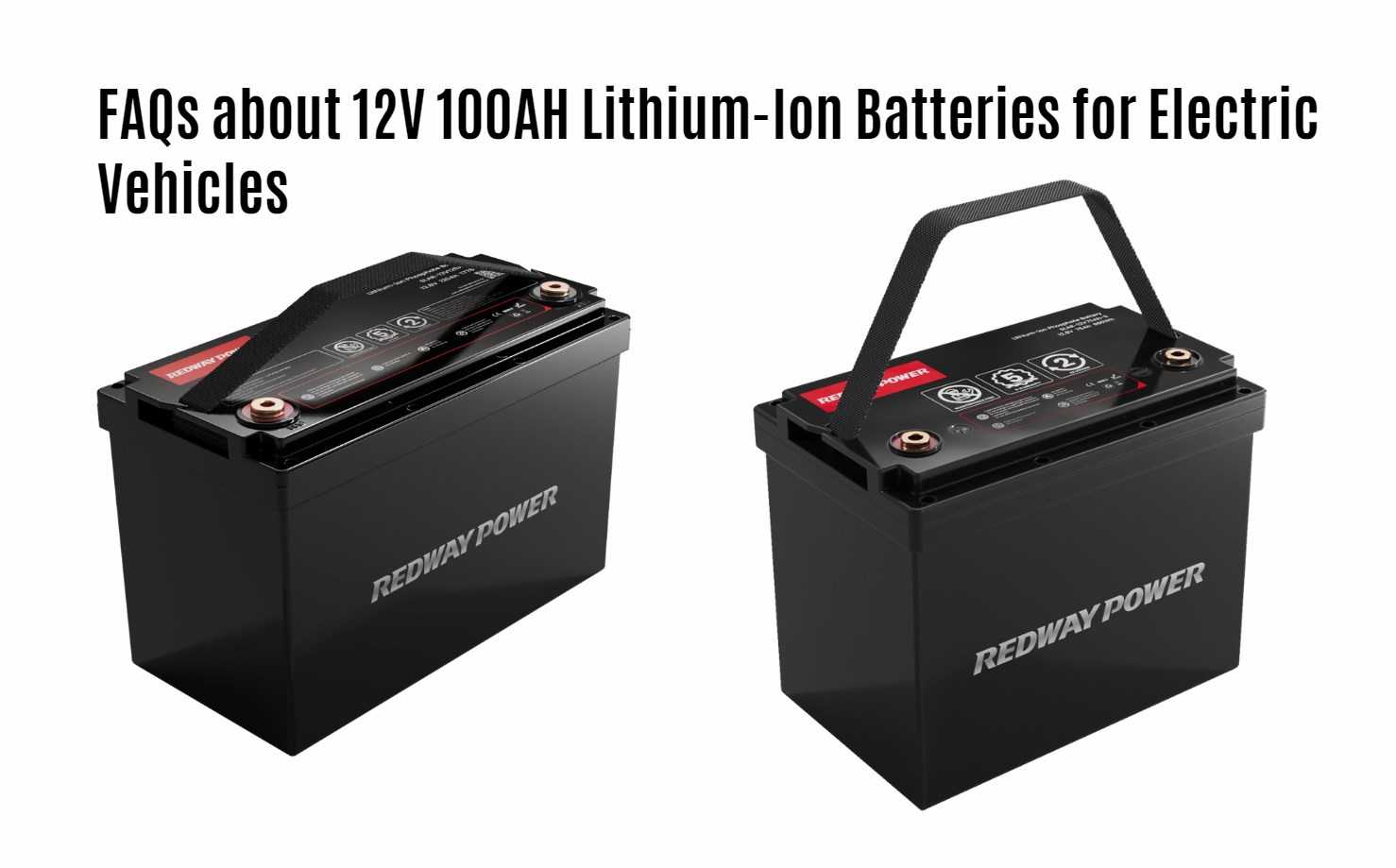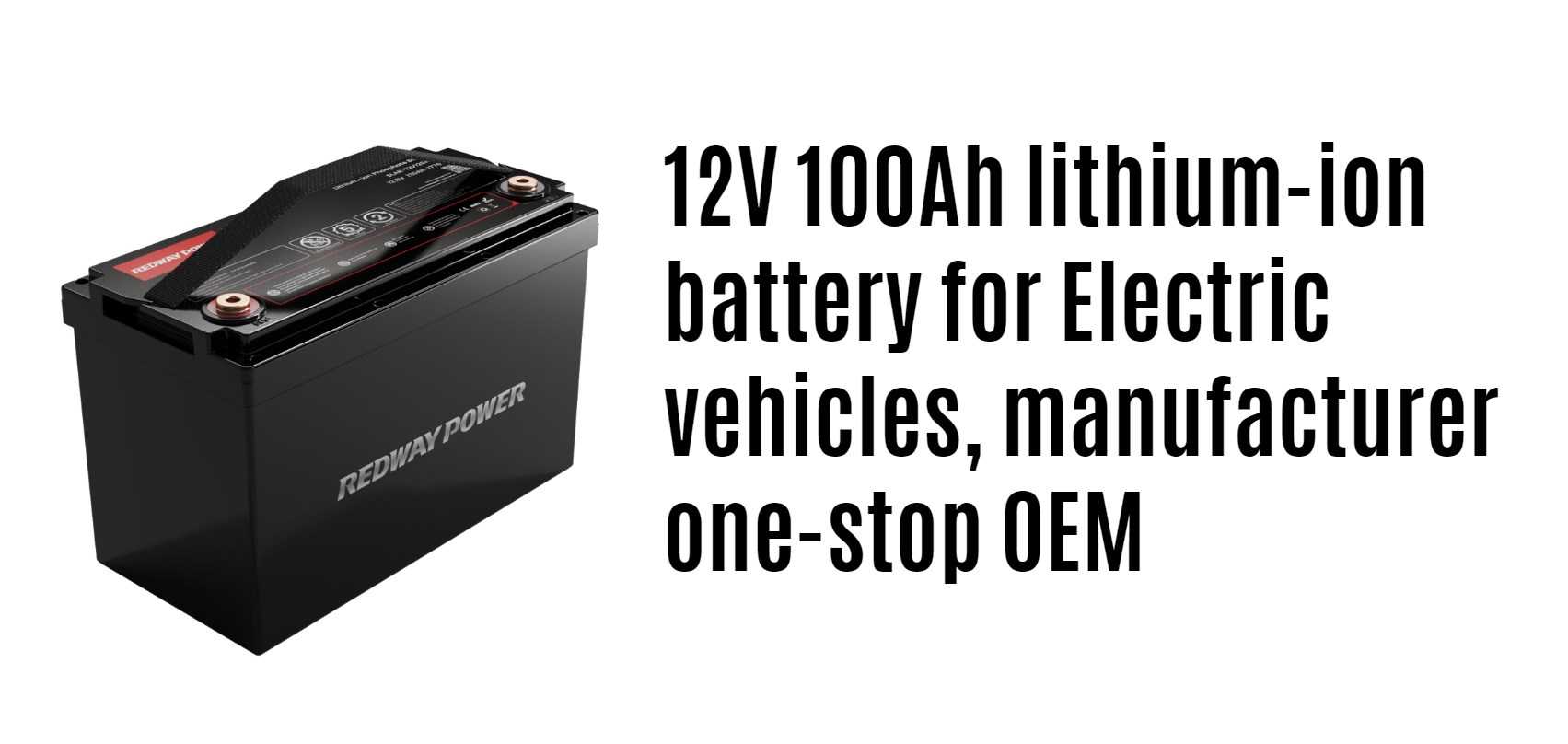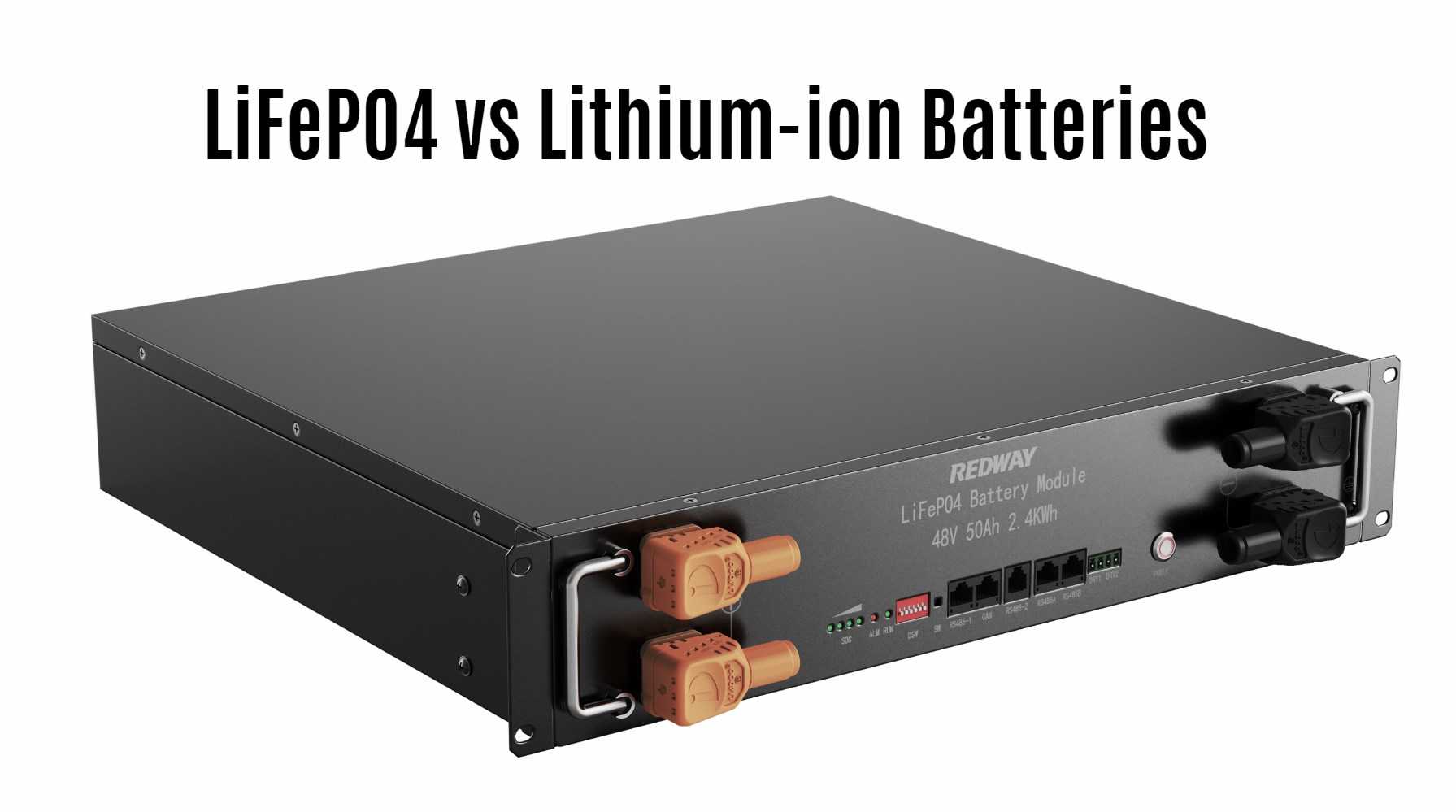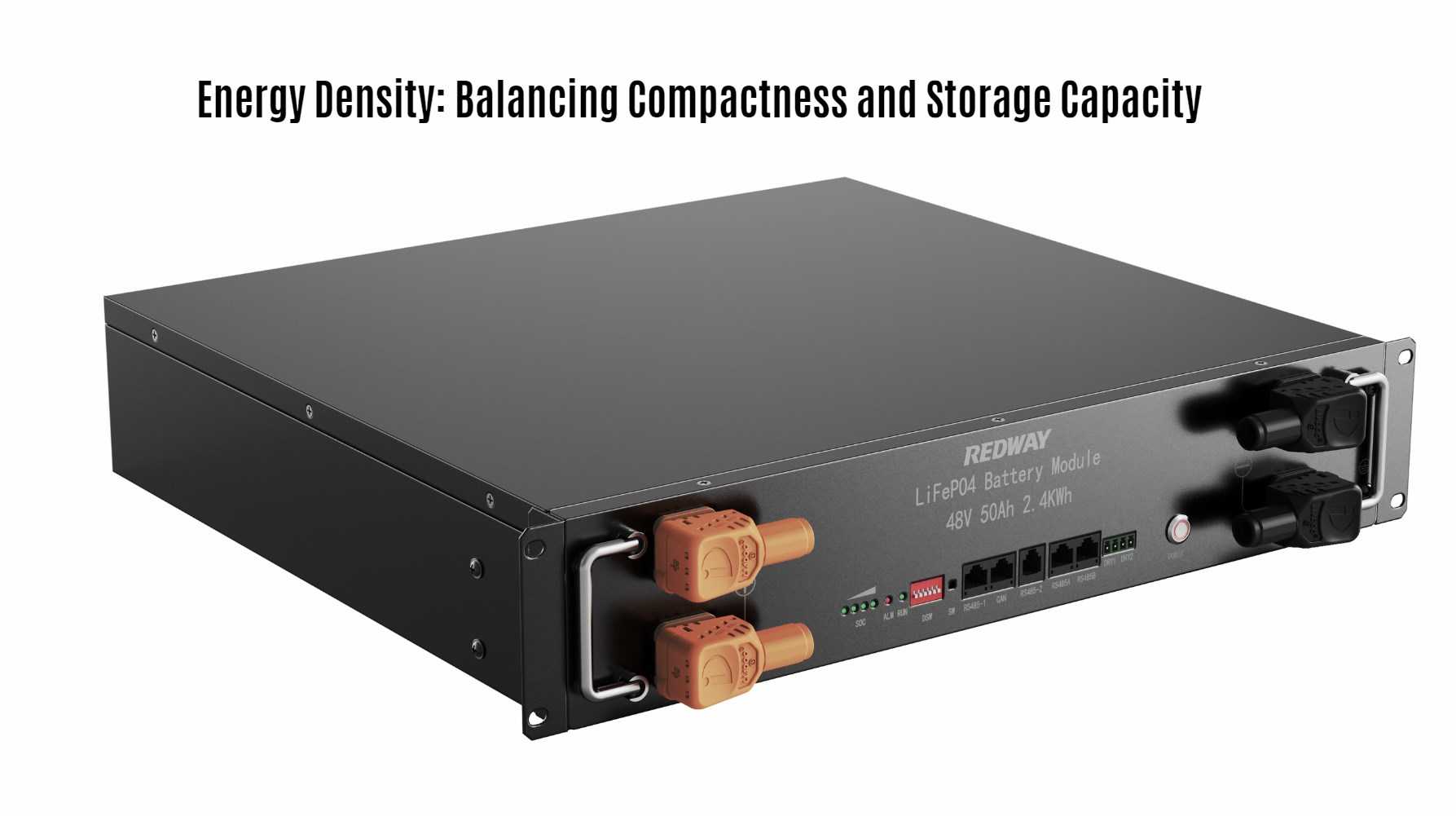Understanding Battery Voltage Selection in Robotics
The selection of battery voltage is a critical decision in robotics, impacting performance, efficiency, and overall effectiveness. This article provides an in-depth examination of the various voltages used in robotics, including 12V, 24V, and 48V lithium-ion batteries, and their respective applications.
12V Lithium-Ion Batteries: Lightweight Power for Small Robots
Applications of 12V Batteries
12V lithium-ion batteries are commonly used in small robotic devices such as hobby robots, educational robots, and other low-power applications. Their lightweight and compact nature makes them ideal for scenarios where mobility and ease of handling are crucial.
Benefits of 12V Batteries
- Portability: The lightweight design facilitates easy integration into small robots.
- Adequate Power for Small Tasks: Sufficient to power small motors and electronic components.
- Cost-Effectiveness: Generally more affordable, making them accessible for educational purposes and hobbyists.
24V and 48V Lithium-Ion Batteries: Enhanced Performance for Medium-Sized Robots
Applications of 24V and 48V Batteries
Medium-sized robots, such as those used in manufacturing, logistics, and various industrial applications, benefit from the enhanced power output and longer runtime provided by 24V and 48V lithium-ion batteries. These robots often require more power for sustained operations and more complex tasks.
Benefits of 24V and 48V Batteries
- Increased Power Output: Suitable for running multiple or larger motors and more demanding components.
- Extended Operational Time: Longer battery life supports prolonged usage in industrial environments.
- Versatility: Ideal for a variety of applications, including automated guided vehicles (AGVs) and robotic arms.
Higher Voltages for Heavy-Duty Applications
Applications of High-Voltage Batteries
Heavy-duty robots used in construction, mining, and other demanding industrial sectors often require battery voltages of 400V or higher. These robots need significant power to perform heavy lifting, excavation, and other intensive tasks.
Benefits of High-Voltage Batteries
- Superior Power for Demanding Tasks: Capable of powering large motors and heavy machinery.
- Enhanced Efficiency: High voltage can reduce current requirements, leading to improved energy efficiency.
- Robust Performance in Harsh Environments: Designed to withstand extreme conditions and provide reliable power.
Factors Influencing Battery Voltage Selection
Choosing the appropriate battery voltage involves considering multiple factors to ensure optimal performance and longevity of the robotic system.
Key Considerations
- Power Requirements: Assessing the power needs of motors and electronic components.
- Environmental Conditions: Considering temperature, humidity, and potential exposure to harsh conditions.
- Weight and Size: Balancing power output with the physical constraints of the robot.
- Cost: Evaluating budget constraints while aiming for the best performance-to-cost ratio.
- Application Specifics: Customizing battery choice based on the robot’s specific tasks and operational environment.
Conclusion
Selecting the right battery voltage for robotic applications is essential for ensuring optimal performance and efficiency. Small robots typically benefit from the portability and adequacy of 12V batteries, while medium-sized robots require the enhanced power of 24V or 48V batteries. Heavy-duty robots, operating in demanding environments, often necessitate high-voltage batteries exceeding 400V. By carefully considering the specific needs and operational conditions of the robot, we can choose the most suitable battery voltage to achieve superior performance and longevity.

